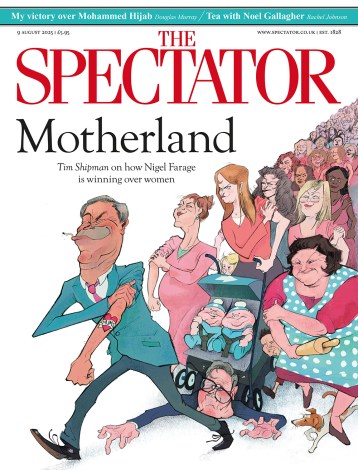Derring-do in the desert
The SAS was the first unit to be granted regimental status for generations. Its chief aim was to damage the enemy from behind their lines in the North African desert. It was an entirely independent unit, not answerable to any superior command and therefore anathema to the regular army mind. Its creator, David Stirling, had




















